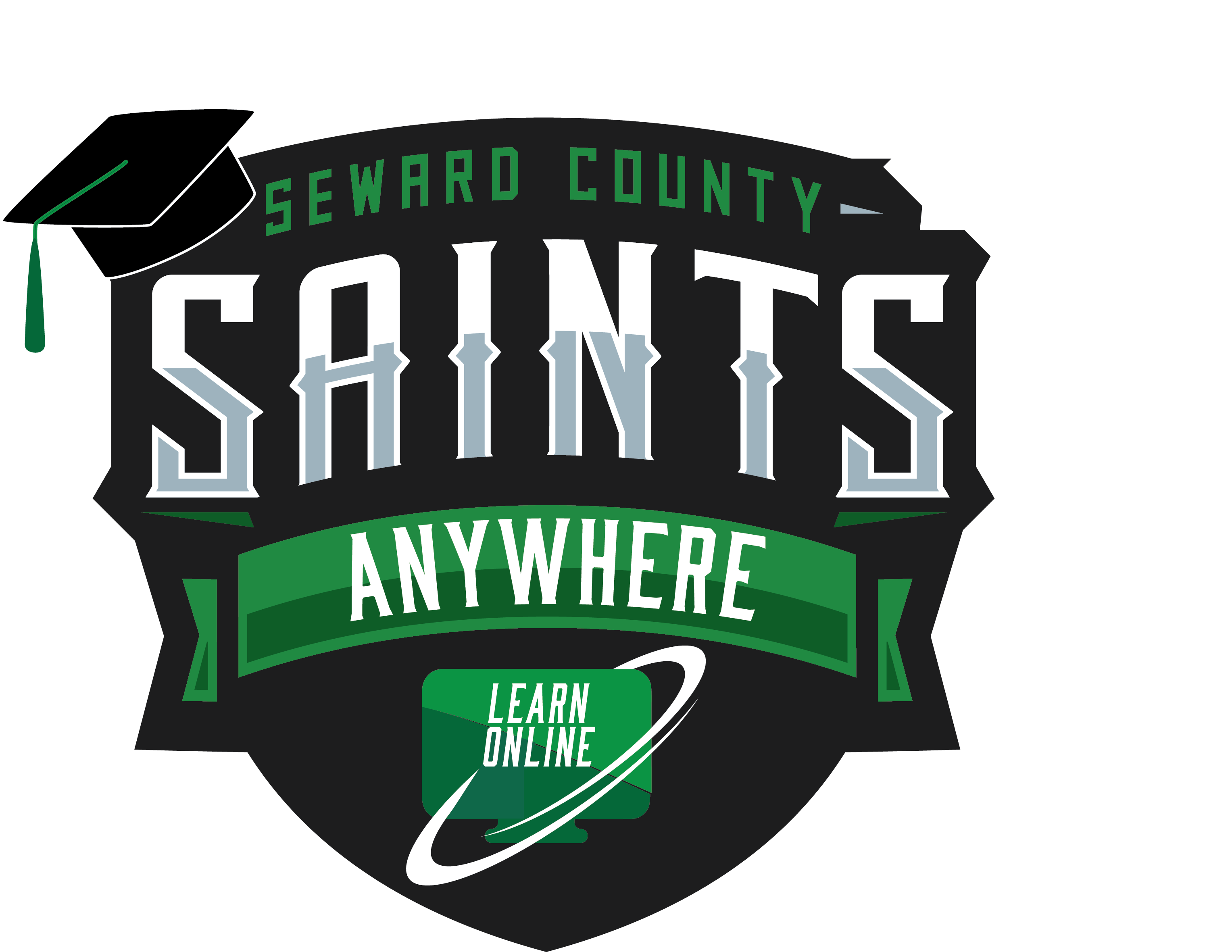Essential Functions
The following list of physical capabilities and behavioral skills have been identified as being necessary for success in the field of laboratory medicine:
Visual Observation:
Visual observation must be sufficient and adequate to allow students to: (1) Differentiate color changes during performance of laboratory procedures; (2) observe patient’s condition during phlebotomy procedures; and (3) read lab instrument technical procedure manuals, standard operating procedures, and a patient’s chart.
Motor Function:
Motor functions must be sufficient and adequate to allow students to: (1) Perform venipuncture at patient’s bedside or at other designated locations; (2) lift and handle laboratory instruments and equipment; and (3) manipulate medical laboratory instruments and equipment in a manner consistent with standards of medical laboratory practice.
Communication:
(1) Demonstrate proficiency of the English language both orally and in writing. NOTE: Per institutional policy, ESL students may be required to take the TOEFEL and submit scores to the MLT Program Coordinator; and (2) possess verbal and written skills adequate for transmitting information to co-workers and patients.
Behavior and Social Skills:
The student’s behavior and social skills must be acceptable to an academic and clinical setting.
Critical Thinking Skills:
The student must possess critical thinking ability sufficient to an academic and clinical setting.
Accreditation: Graduates of the SCCC MLT program are eligible to sit for the ASCP Board of Certification exam. The SCCC MLT program is accredited by:
The National Accrediting Agency for Clinical Laboratory Sciences (NAACLS) 2016-2026
5600 N. River Road, Suite 720
Rosemont, IL 60018
www.naacls.org
(773)-714-8880
CIP Code: 51.1004
CIP Name: Medical Laboratory Technology
Definition: A program that prepares individuals, under the supervision of clinical laboratory scientists/medical technologists, to perform routine medical laboratory procedures and tests and to apply preset strategies to record and analyze data. Includes instruction in general laboratory procedures and skills; laboratory mathematics; medical computer applications; interpersonal and communications skills; and the basic principles of hematology, medical microbiology, immunohematology, immunology, clinical chemistry, and urinalysis.

This program may be completed fully online!
